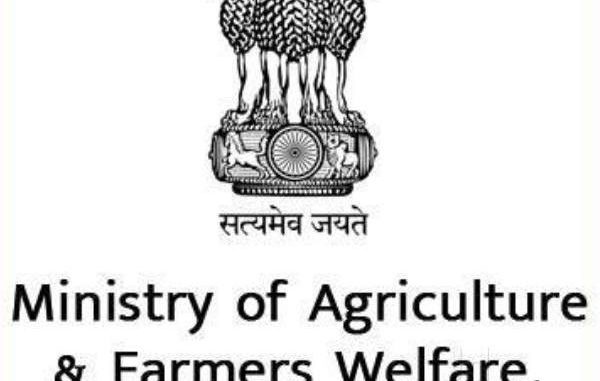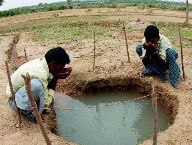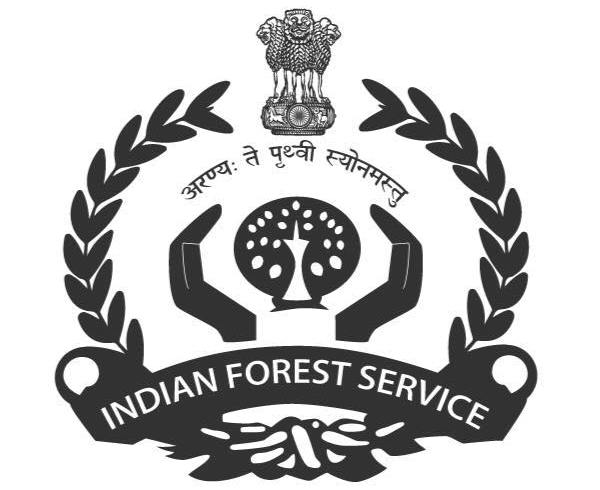
The Indian Council of Agricultural Research has developed Pusa Decomposer, a microbial consortium of fungal species for rapid decomposition of paddy straw. Use of this consortium accelerates process of paddy straw decomposition in the field itself. In the year 2021, the decomposer has been used by the States of Punjab, Haryana, Uttar Pradesh and NCT of Delhi in an around 5.7 lakh hectare area and through satellite imaging and monitoring, it was observed that 92% area of the decomposer spread plots was not burnt. However, as reported in some of the newspaper articles, no adverse impact of use of bio-decomposer was noticed in these States.
With the aim of addressing air pollution in Delhi and National Capital Region due to stubble burning in the adjoining States of Punjab, Haryana and Uttar Pradesh and to subsidize machinery required for in-situ management of crop residue, the Department of Agriculture & Farmers Welfare is already implementing Central Sector Scheme on ‘Crop Residue Management’ w.e.f. 2018-19. The schemes promote the use of in-situ and ex-situ crop residue management machines through financial assistance to farmers, Cooperative societies, Farmers Producer Organizations and Panchayats. The scheme also focusses on creating mass awareness on stubble management through different States agencies and 3 ATARIs and 60 Krishi Vigyan Kendra (KVKs) under Indian Council of Agricultural Research (ICAR). Looking into the advantages of bio-decomposer, provisions have been made under the crop residue management scheme and the States have been advised to carry out large scale demonstrations of this technology on farmers’ fields. During the current year, the States have targeted to bring more than 8.15 lakh hectare area under this technology.
During the year 2018-19 to 2021-22, the funds amounting to Rs. 2440.07 crores have been released to these States and during the current year, so far, Rs. 601.53 crores have been released. Out of these funds the States have supplied more than 2.0 lakh machine and during the current year it has been targeted to provide 47000 more machines. The machines supplied also include balers and rakes used for collection of straw in the form of bales for further ex-situ utilization.
For effective control of paddy stubble burning during the ensuing season, the States have been requested to chalk out a comprehensive action plan at micro level, establish a mechanism to ensure effective utilization of machines, promote use of bio-decomposer in a complimentary mode with the CRM machines, promote ex-situ utilization of straw by way of mapping demand from adjoining industries like biomass based power plants, bioethanol plants etc. and take up IEC activities for mass awareness of farmers through intensive campaigns in the electronic/print medias, social media as well as through Kisan Melas, publications, seminars, advisories with the involvement of all stakeholders in this sector. If all the actions within the above framework as already requested are taken at the State level in a holistic manner, the stubble burning can be effectively controlled.
A joint monitoring team of Ministry of Agriculture/ Environment & Forest/ Power of State Governments are regularly monitoring the issue of burning of crop residue in Punjab, Haryana, Uttar Pradesh, and other adjoining areas of Delhi NCR on daily basis. Commission of Air Quality Monitoring is also keeping a close watch on this situation.







Leave a Reply
You must be logged in to post a comment.